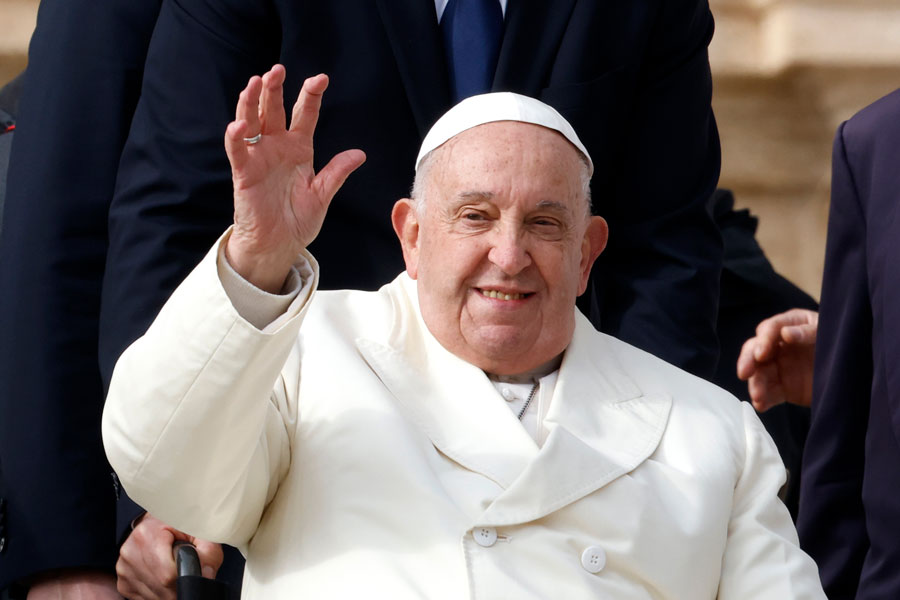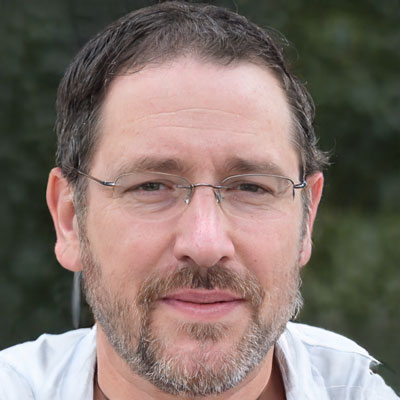
VATICAN CITY – Pope Francis, the first Latin American and Jesuit pontiff, died on Easter Monday, April 21, 2025, at the age of 88. His death was announced by Cardinal Kevin Farrell, the Vatican camerlengo, who stated, “At 7:35 this morning, the Bishop of Rome, Francis, returned to the home of the Father”.
Francis had been hospitalized for 38 days beginning February 14, 2025, due to a respiratory crisis that developed into double pneumonia. He was discharged on March 23 but continued to experience health complications . Unofficial reports suggest that he may have suffered a stroke in his final hours.
Elected in 2013, Pope Francis served as the 266th leader of the Catholic Church for over 12 years. His papacy was marked by a focus on humility, inclusivity, and social justice. He advocated for the poor, addressed climate change, and sought to modernize the Church’s stance on various social issues. However, his progressive approach also faced criticism from conservative factions within the Church.
Following his death, the Vatican has initiated traditional mourning rituals. Public viewings will be held in St. Peter’s Basilica, and a funeral Mass is being organized. Subsequently, the College of Cardinals will convene in a conclave to elect the next pope.
World leaders and religious figures have expressed their condolences, highlighting Pope Francis’s contributions to interfaith dialogue, environmental advocacy, and his commitment to the marginalized. King Charles III, U.S. Vice President JD Vance, and the Dalai Lama are among those who have paid tribute to his legacy.
How the Next Pope Will Be Elected
The Vatican’s traditional papal election process begins with a conclave of eligible cardinals – currently 120 under the age of 80 – who will meet in the Sistine Chapel within 20 days of Francis’ death. They’ll vote up to four times per day until a candidate secures a two-thirds majority. If no one is elected after 30 ballots, only the top two candidates remain in contention.
Top Contenders for the Papacy
Several leading figures from around the world are being closely watched:
- Cardinal Luis Tagle (67, Philippines): Once seen as a favorite, Tagle has voiced progressive views on Communion and LGBTQ inclusion, though a past controversy at Caritas International may have dimmed his chances.
- Cardinal Pietro Parolin (70, Italy): The Vatican’s Secretary of State brings diplomatic experience and centrist views, including an openness to working with China. He is considered a strong contender.
- Cardinal Jean-Marc Aveline (66, France): A theological scholar known for supporting Church decentralization, Aveline is popular among more liberal factions and is thought to have been favored by Francis himself.
- Cardinal Willem Eijk (71, Netherlands): A conservative and accomplished administrator, Eijk strictly adheres to Church doctrine and appeals to traditionalists who favor a doctrinal reset.
- Cardinal Malcolm Ranjith (77, Sri Lanka): An ally of both Benedict XVI and Francis, Ranjith is deeply committed to the Church’s social mission and would represent the growing Church in Asia.
- Cardinal Robert Sarah (79, Guinea): A prominent voice among conservatives, Sarah has publicly opposed many of Francis’ reforms. If elected, he would become the first African pope in over 1,500 years.
The Role of Cardinal Giovanni Battista Re
Francis extended the tenure of Cardinal Giovanni Battista Re, now 91, as the dean of the College of Cardinals. Despite his age, Re is expected to influence the upcoming vote, given his deep knowledge of the electors.
Could a Non-Cardinal Be Elected?
Technically, any baptized Catholic male is eligible to become pope, but in practice, the role has gone to cardinals for centuries. Church historians call the chance of an outsider being elected nearly impossible—likening it to “a snowball’s chance in hell.”
As the conclave approaches, the Church faces a pivotal decision: continue Francis’ path of reform or return to a more conservative footing. With over 1.4 billion Catholics worldwide and rising influence in Asia and Africa, the next pope’s identity will shape not only doctrine, but also the Church’s global future.
For live coverage and updates from the Vatican, you can watch here:


